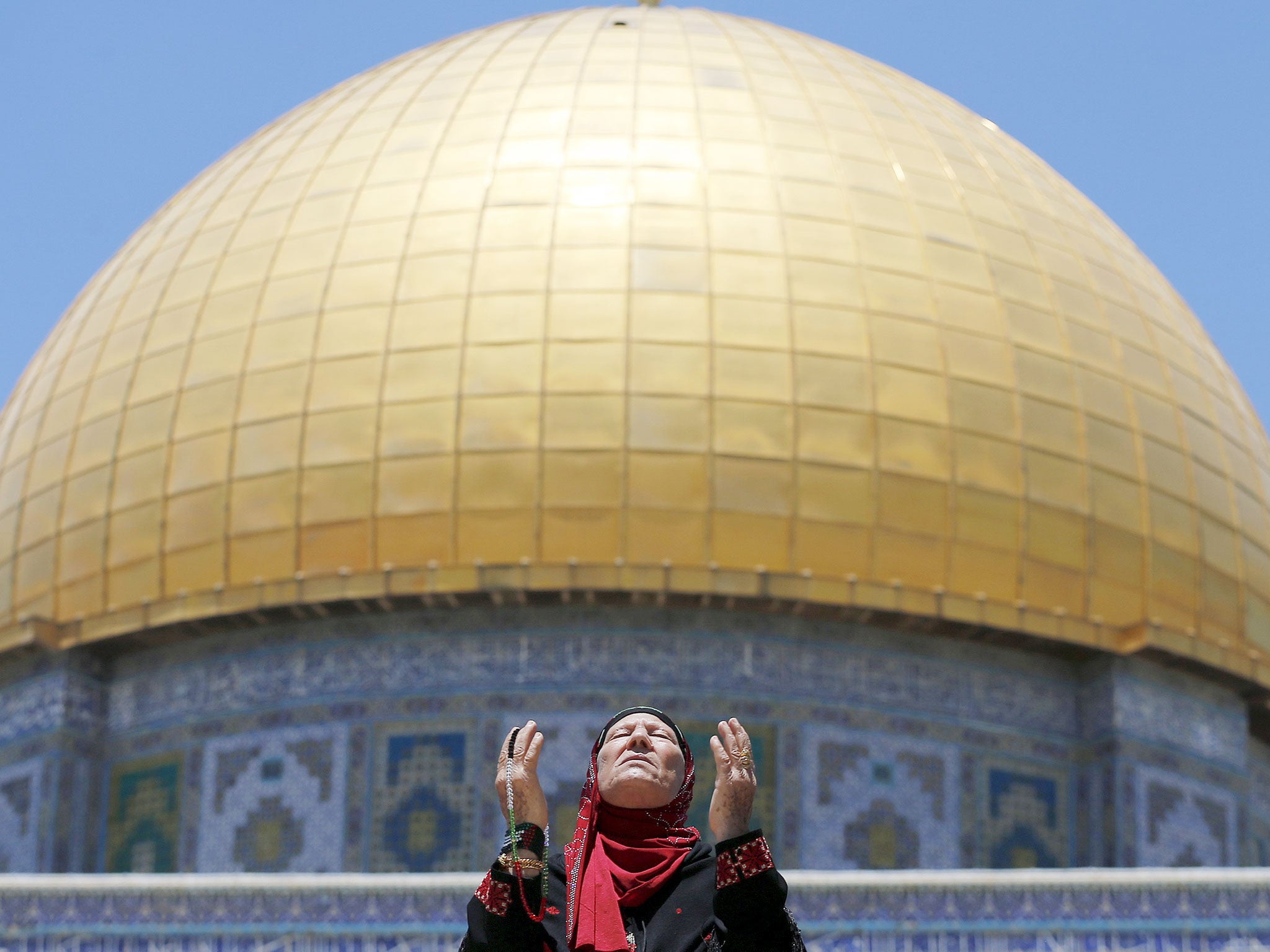Israel suspends ties with Unesco for ‘denying Jewish history’ in resolution on Jerusalem
Draft decision from the UN agency is a ‘shameful’ and politically motivated move, Israeli officials say

Israel has suspended ties with the UN’s cultural agency Unesco, accusing the international body of “denying Jewish history” and “aiding Islamist terror” following a draft motion regarding holy sites in Jerusalem.
“Following the shameful decision by Unesco members to deny history and ignore thousands of years of Jewish ties to Jerusalem and the Temple Mount, I have notified the Israel National Commission for Unesco to suspend all professional activities,” Education Minister Naftali Bennett said on Friday.
A draft Unesco resolution proposed by several Muslim states criticised restrictions placed by the Israeli government on Muslim worshippers at the Temple Mount, as it is known in Judaism, or Haram al-Sharif, as it is called in Islam. The resolution is due to be formally validated next week.
The Jerusalem hilltop is revered by Jews as the site of two destroyed Biblical temples. In Islam, it is said to be where the Prophet Mohammed ascended to heaven.
While mentioning the “importance of the Old City of Jerusalem and its Walls for the three monotheistic religions”, Unesco’s resolution only used Islamic names for the sites, a move which Israel said diminished the sites’ importance to Judaism and is politically motivated.
A draft of the text also included a clause that said that the holy Western Wall which runs along the perimeter of one edge of the site should be considered part of the al-Aqsa mosque compound – a space currently reserved for and administered by Muslims.
Such a move could have been a starting point for removing the Jewish right to pray and leave written messages between the stones at the Western Wall. It was dropped from the final copy of the text.

Unesco’s draft decision was widely derided by Israeli officials as well as the Jewish community worldwide. Several last-minute campaigns were launched to ditch it.
The passed text – approved by 24 countries and rejected by six, including the UK and US – was still “very hostile” towards Israel, Interior Minister Silvan Shalom said.
Israeli Prime Minister Benjamin Netanyahu wrote on his Facebook page that the move was in the realms of the “absurd”.
“Is it any wonder the UN has become a moral farce when Unesco, the UN body tasked with preserving history, denies and distorts history?” he asked.

“Denying Jewish ties to Temple Mount is like denying those of China with the Great Wall or those of the Egyptians with the Pyramids.”
Education Minister Naftali Bennett added that the decision on Jerusalem “denies history and encourages terror”.
Muslim worshippers’ access to al-Aqsa – or lack of it – has been a recurrent flashpoint for Israeli-Palestinian tensions in a renewed wave of violence over the last year.
Both the Palestinian Authority in the West Bank and Hamas in the Gaza Strip welcomed the resolution. A spokesperson for Hamas – which wants Israel’s destruction – described it as a “step in the right direction”.
Palestine became a full member of Unesco in 2011 despite intense opposition from Israel and the US. The decision was celebrated by Palestinians and campaigners who saw it as a stepping stone on the path to giving the Territories full statehood.
Relations between Unesco and Israel have been rocky since.
Join our commenting forum
Join thought-provoking conversations, follow other Independent readers and see their replies
Comments
Bookmark popover
Removed from bookmarks